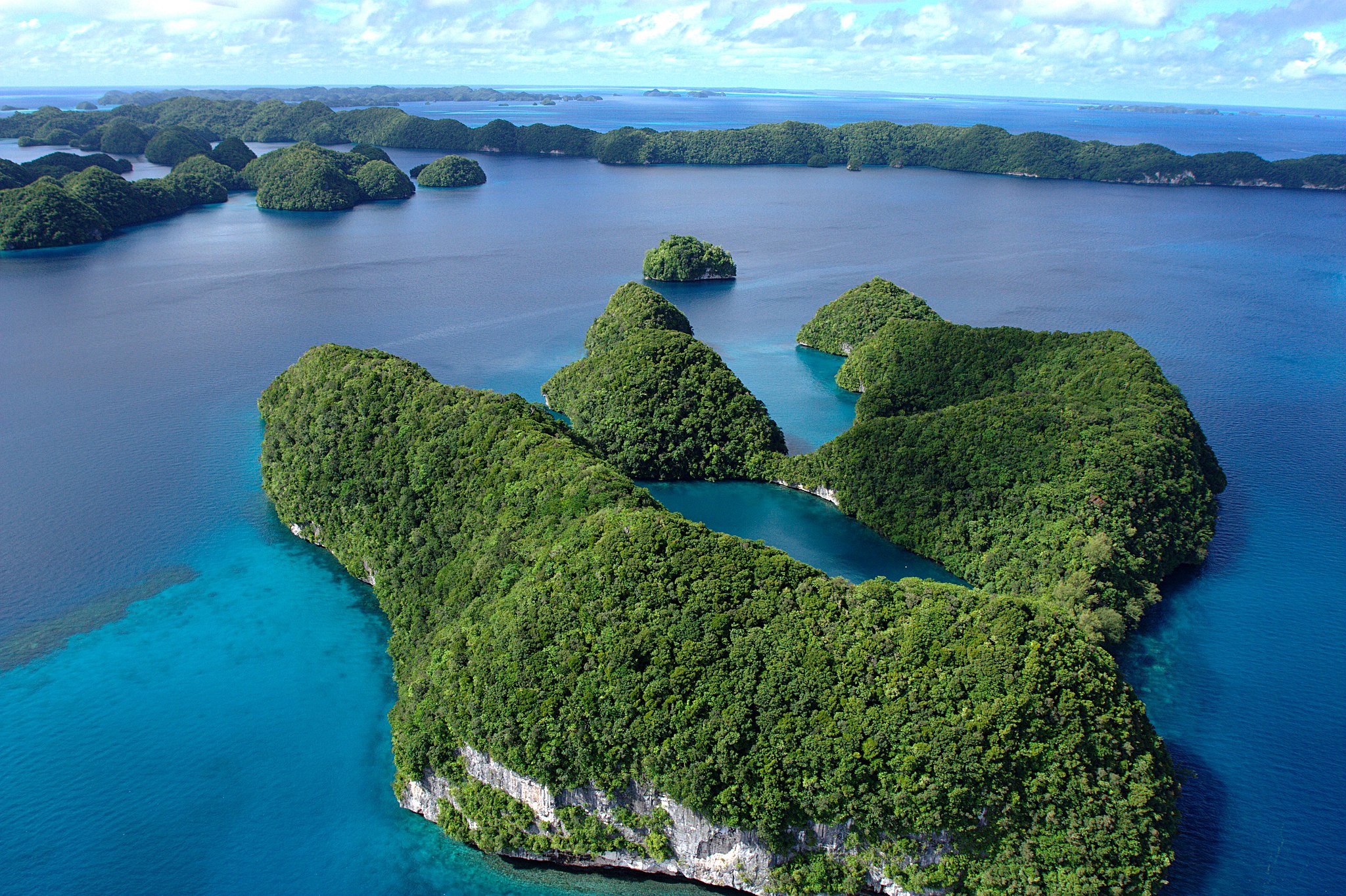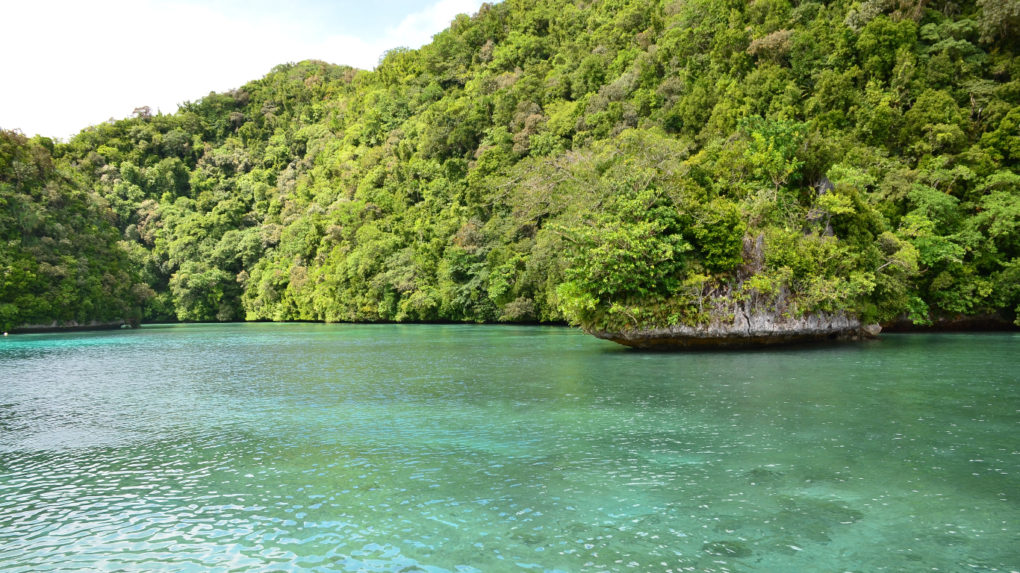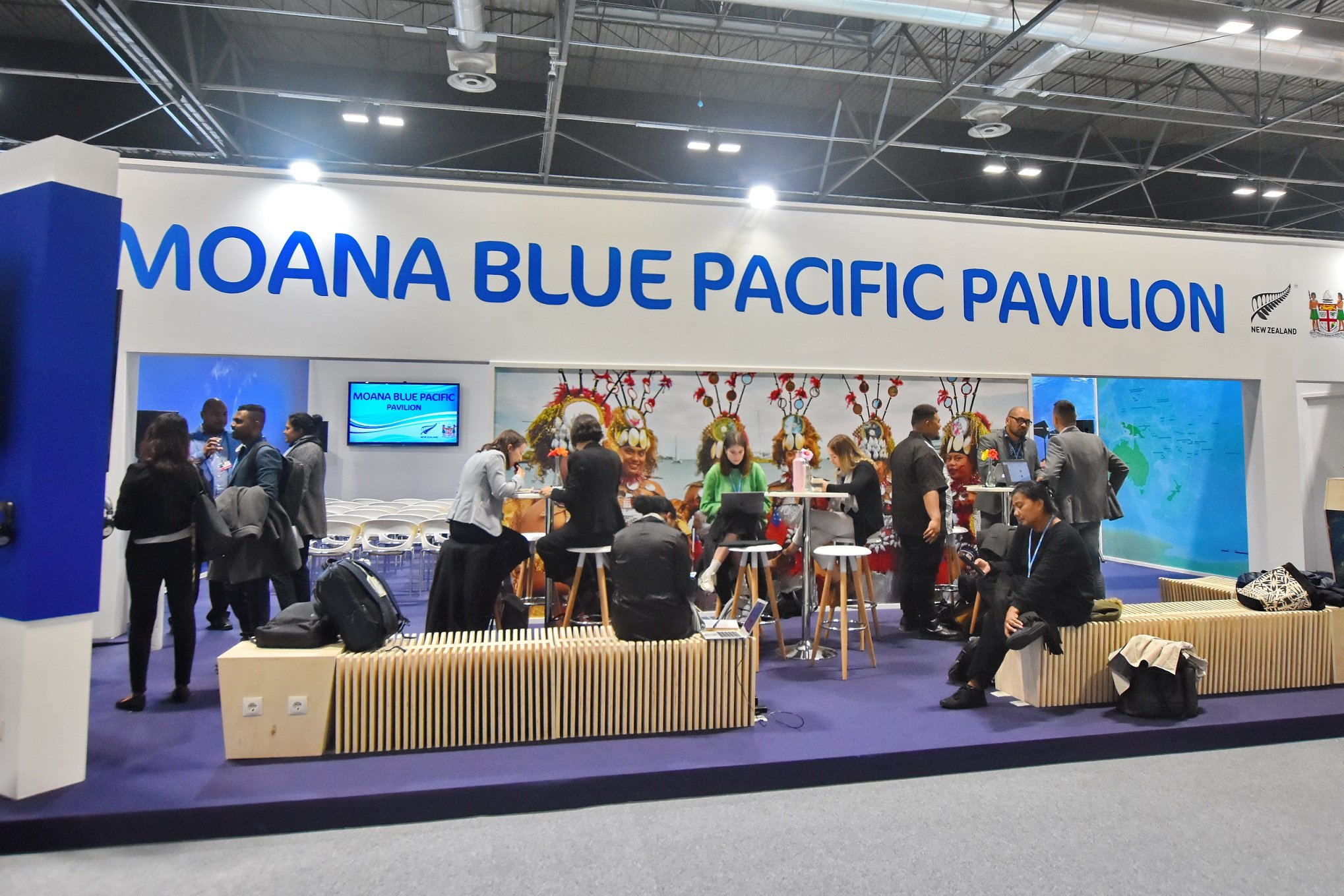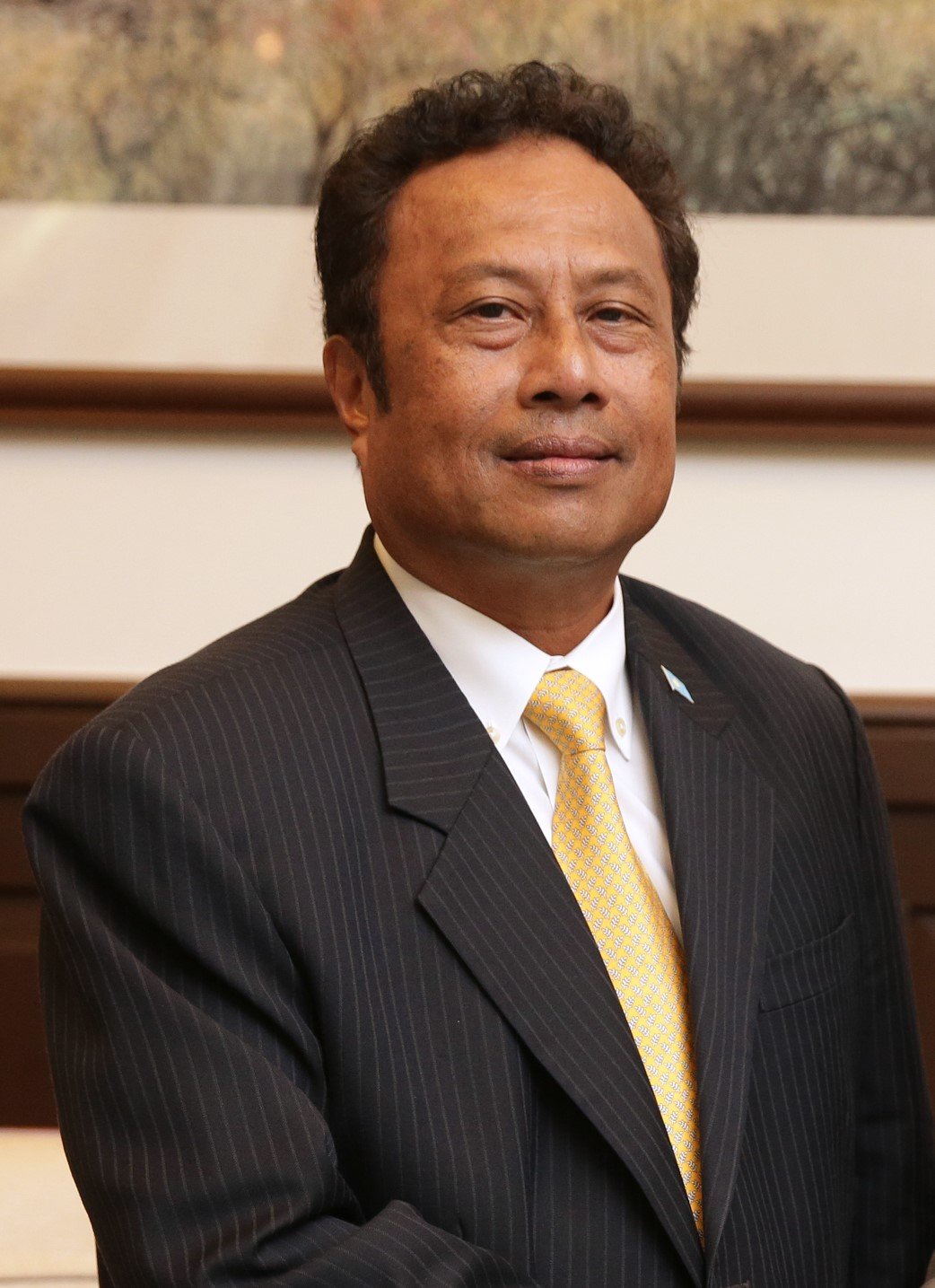The United Nations Development Programme (UNDP), in unison with the Government of Japan and the Government of Palau, are forging ahead to achieve long-term disaster and climate resilience for Palau, despite the challenges of COVID-19.
UNDP’s Japan-funded Enhancing Disaster and Climate Resilience (EDCR) in Palau through Improved Disaster Preparedness and Infrastructure project, is partnering with the Government of Palau to improve the country’s resilience to climate disasters and other related hazards.
“This project has been made possible by the generosity of the Japanese people and the Japanese Government,” said Patrick Tellei (PhD) from the Palau Community College who spoke on behalf of, and in the absence of the Honourable Vice President of Palau and Chairman of the National Emergency Committee, Raynold Oilouch. “We also extend our appreciation to UNDP for working closely and collaboratively with people in Palau,” he added further.
A major initiative of EDCR is to improve the country’s capacity and response to search and rescue operations by enhancing Palau’s emergency equipment.
The global pandemic of COVID-19, the ‘new normal’, has severely affected the project implementation in a number of ways, including the changing of shipping route and delay of the arrival of supplies. In addition to the inability of having in-person training by experts due to travel restrictions. However, despite the ensuing challenges, major progress is being made.
The latest development, the second of a series of handovers of items obtained through the EDCR project took place at the National Weather Service Office (NWSO) in Koror. The items handed over to Palau officials included, a utility boat with a trailer, two SUVs, one Pick Up truck and a range of search and rescue equipment.
“It is my great pleasure to be attending the handover ceremony for this important project,” said Ambassador of Japan, Akira Karasawa, who spoke at the event. Ambassador Karasawa acknowledged the severity of the global impacts of COVID-19 but also emphasised that natural disasters and climate change continue to pose a threat to livelihoods across the world.
“It is getting harder to predict how and when natural disasters would strike any country due to climate change. We must be cautious about the surrounding environment and be prepared for unexpected disasters,” he added.
The vehicles, trailer and search and rescue equipment will serve as a vital resource for Palau officials during search and rescue missions when disasters strike. The enhancement of current emergency equipment is essential to improve the government’s overall response to emergencies and to continue to protect the people of Palau from any disasters in future.
In light of COVID-19 travel bans and in the absence of acting Resident Representative of UNDP Pacific Office in Fiji Kevin Petrini, a statement was read on Petrini’s behalf.
“While Palau and the Pacific region is no stranger to disaster related events. This new global health related disaster poses a further risk to overall livelihoods for countries such as Palau, that are already at severe risk due to climate change,” said Petrini.
“The aggressive nature of this new virus emphasizes the importance of the EDCR Project, and the role that the project is playing to increase Palau’s capacity, preparedness, and resilience to any future disasters,” he added.
Several other key figures also attended the event, including various national counterparts and media representatives.
Through funding from the Government of Japan, the EDCR project in Palau was initiated in March 2019. The UNDP project is implemented in partnership with the Government of Palau.
The projects three expected outputs include strengthened gender sensitive Disaster Communication and Climate Monitoring Systems, enhanced gender sensitive National and State Disaster Responders readiness capacity and enhanced Community Disaster Resilience through improved water resource management, and integrated gender and social inclusion awareness.




